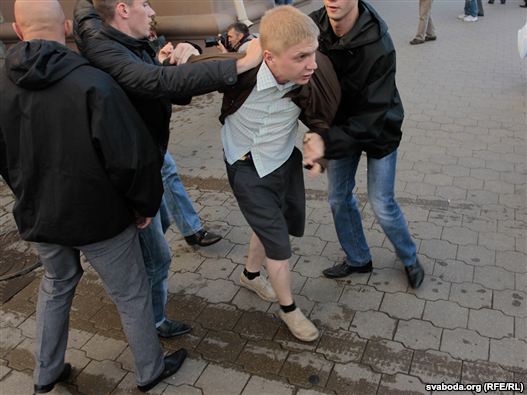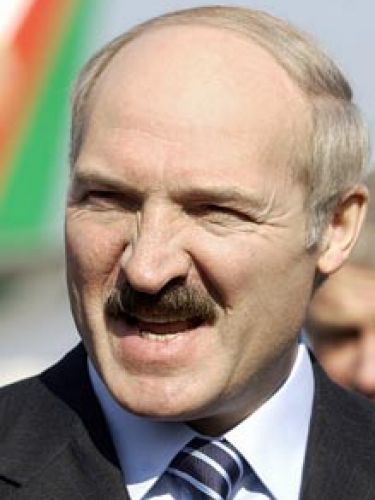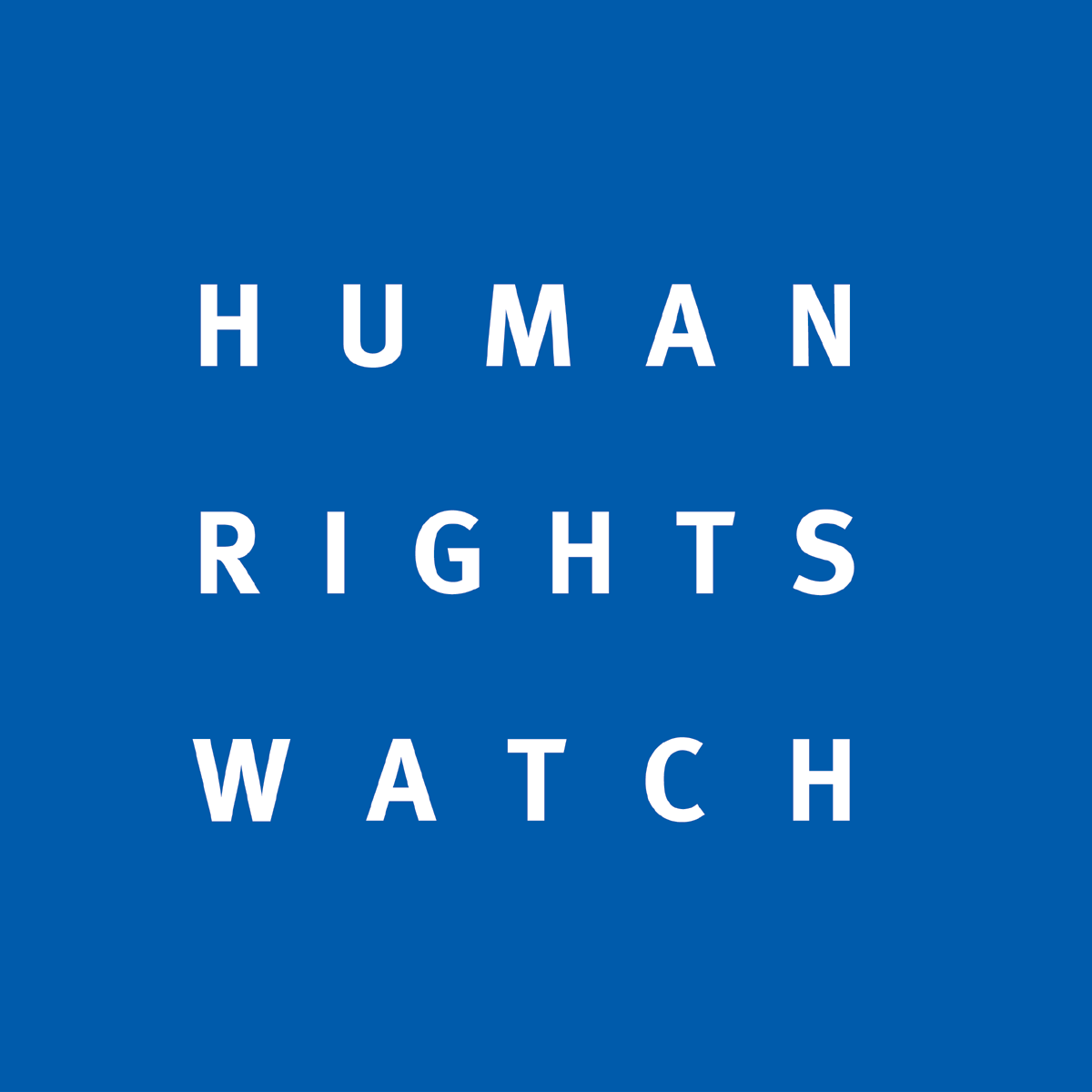On 3 July Belarus celebrated Independence Day. The silent protest action was scheduled for the same day. In the evening of 3 July people all around Belarus gathered at central squares of their cities. They protested against current authorities only with their silence and clapping, nevertheless hundreds of people around the country were beaten up and arrested. Unidentified plain-cloth men beat up and threw the protesters into buses without number plates, that stood ready nearby. Unknown men sprayed tear gas during silent protest at Station square in Minsk.
 More than 400 people, who dared to applaud as a sign of protest were detained in Belarusian cities. Many of the protesteres were found guilty in disorderly conduct during secretive trials and were fined or sentenced to administrative arrest for terms of 5 to 15 days.
More than 400 people, who dared to applaud as a sign of protest were detained in Belarusian cities. Many of the protesteres were found guilty in disorderly conduct during secretive trials and were fined or sentenced to administrative arrest for terms of 5 to 15 days.
However, the next day after the brutal dispersal of the rally at Station Square in Minsk, the activists of “Revolution via social network” community suggested a new strategy – to gather at places of residence and municipal centres.
The 6 July protest in Minsk was organised according to the new plan. Actions in other cities were held in the same format as before. Still, hundreds of people across the country were arrested and severely beaten up
According to the human right defenders, no less than 380 people were detained across the country on 6 July, 190 of them in Minsk.
The total number of detained duri ng Belarusian protests organised via Internet came up to approximately 1730 people, of which 980 were arrested in Minsk. The actions took place on 15, 22, 28 of June and 3, 6 of July.
ng Belarusian protests organised via Internet came up to approximately 1730 people, of which 980 were arrested in Minsk. The actions took place on 15, 22, 28 of June and 3, 6 of July.
Most of the arrested were punished with a fine or detention. Some of them were released from the stations after the police took their fingerprints and issued warnings. Many of the protesters were beaten up. Plain-cloth men have also interfered into the work of journalists. The alleged police has confiscated tapes, erased the photographs, detained and beat some of the correspondents.
Human rights defenders’ opinion
The Vice-President of International Federation for  Human Rights (FIDH) Ales Bialiatski (right) noted, that it was impposible to collect all information due to “secretive trials and absence of list of detainees”.
Human Rights (FIDH) Ales Bialiatski (right) noted, that it was impposible to collect all information due to “secretive trials and absence of list of detainees”.
"The police hides information, it is very difficult to know where someone is located. The same confusion we find in the courts. They do not notify the realtives about the hearing, nobody knows which process it taking place at the moment. This causes a mess, and we have to put efforts in order to sort that out,” said Bialiatski.
 According to human right activist Alena Tankachova(left) the authorities demonstrate the intenation to stop the silent actions and we can expect more drastic measures:
According to human right activist Alena Tankachova(left) the authorities demonstrate the intenation to stop the silent actions and we can expect more drastic measures:
"In terms of human rights it is clear that we are dealing with extremely grave and massive violations of the right to freedom of thought and freedom of expression, freedom of association and peaceful assembly", – said human rights activist.
Protesters as "mangy masses"
Meanwhile, the president of Belarus Aliaksandr  Lukashenka (left) called the protesters "enemies of the people" and said: "This mangy group is small. The ones which tramples on the squares, or whatever they do: stamp, scream or groul. They just want to make hay of present situation. They unnderstand perfectly, that we are going to fix the situation day by day, fix it without panic. And we do. The “fifth column” understands that three months later people will forget that some prices had risen and that some problem had emerged. And then, they will have no reason to stamp or mumble, so they are rushing forward and trying to put their way through. You see, they have some kind of “black Wednsdays”, when 500-600 people gather and start to provoke, in order to get “nice” picture and show it to the West. Because they get money for that, this all is nor for free."
Lukashenka (left) called the protesters "enemies of the people" and said: "This mangy group is small. The ones which tramples on the squares, or whatever they do: stamp, scream or groul. They just want to make hay of present situation. They unnderstand perfectly, that we are going to fix the situation day by day, fix it without panic. And we do. The “fifth column” understands that three months later people will forget that some prices had risen and that some problem had emerged. And then, they will have no reason to stamp or mumble, so they are rushing forward and trying to put their way through. You see, they have some kind of “black Wednsdays”, when 500-600 people gather and start to provoke, in order to get “nice” picture and show it to the West. Because they get money for that, this all is nor for free."
International community protests  The crackdown on peaceful actions has triggered a wave of protests. The current OSCE chairman Audronius Ažubalis expressed strong concern and regret over the continuing violence on the part of Belarusian authorities: “I urge the Belarusian government to release those detained, and further refrain from using violence against peaceful citizens and ensure respect for fundamental human rights and freedoms,"- he added.
The crackdown on peaceful actions has triggered a wave of protests. The current OSCE chairman Audronius Ažubalis expressed strong concern and regret over the continuing violence on the part of Belarusian authorities: “I urge the Belarusian government to release those detained, and further refrain from using violence against peaceful citizens and ensure respect for fundamental human rights and freedoms,"- he added.
Andres Herkel, Council of Europe Parliamentary Assembly rapporteur on Belarus denounced the "the new wave of violence against peaceful protesters, journalists and human rights defenders in Belarus"
"I am concerned about the rough dispersal of peaceful demonstrations in Minsk and other cities on 3 July , Independence Day, with hundreds of protesters being brutally beaten and detained merely for clapping hands," – Herkel said.
 The international human rights organization Human Rights Watch condemned dispersal of peaceful protests in Belarus and called upon authorities to immediately release the detainees.
The international human rights organization Human Rights Watch condemned dispersal of peaceful protests in Belarus and called upon authorities to immediately release the detainees.
"The police crackdown in Belarus is brutal, absurd, and wrong. Arresting people for walking silently or clapping their hands is an outrageous assault on peaceful assembly," – say the statement of Hugh Williamson, Europe and Central Asia director at Human Rights Watch.
The human rights organization "Reporters without borders" also condemned the arrests of journalists during the silent protests that were held in Minsk and other Belarusian cities.
without borders" also condemned the arrests of journalists during the silent protests that were held in Minsk and other Belarusian cities.
Head of the "Reporters Without Borders" bureau for Europe and ex-USSR countries Johann Bihr believes that the repressions against Belarusian journalists are caused by the fact of “silent protest actions being organised through media, especially internent media as they are called “Revolution via Social Networks”.
“The authorities are now acting quite paranoidal in regard of journalist who try to cover the demonstrations, as the mere fact of such number of people going to the streets triggers the mobilisation. I think, they are just afraid of information itself – said Bihr.
Related articles
Belarusians detained and beaten up for silence
Belarusian authorities attack the social media
The international community puts pressure on the Belarusian regime


